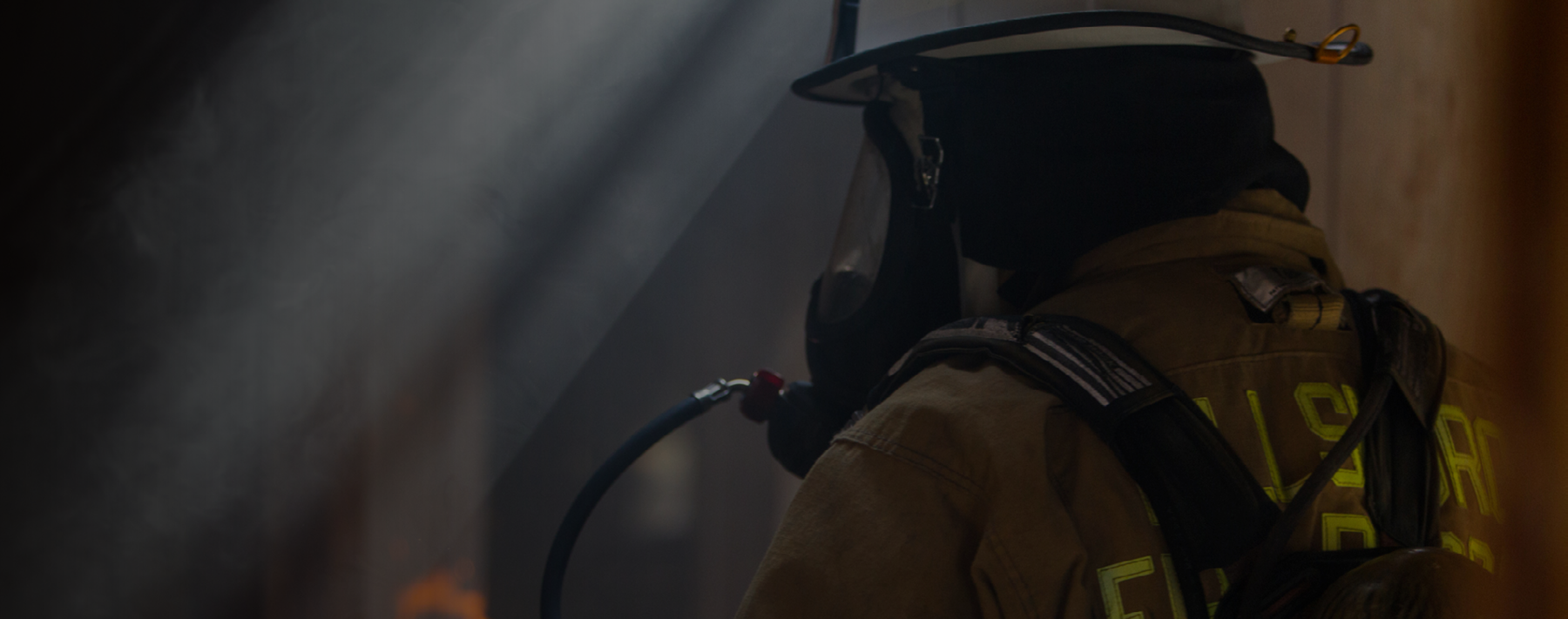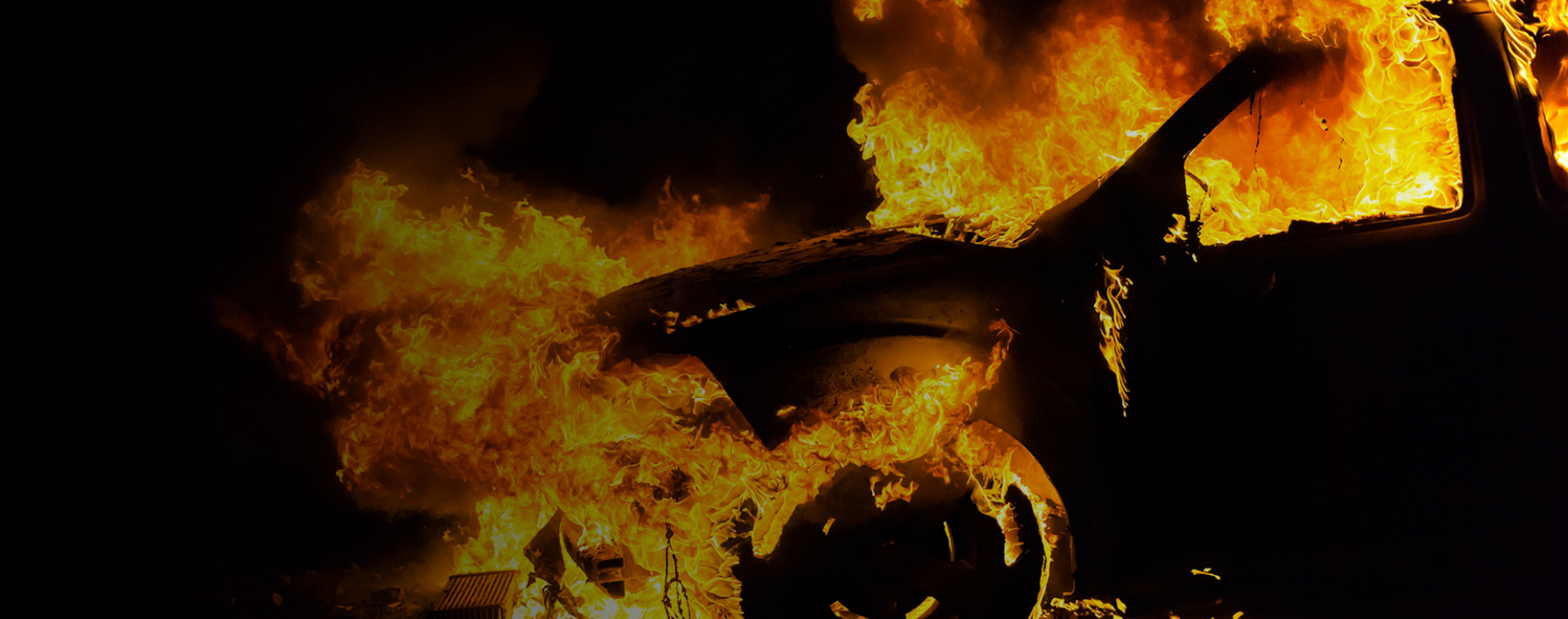Quietly, and without media fanfare, Senate Bill 4882 was read twice on the floor of the United States Senate on Sept. 19 and referred to committee. This simple bill, introduced by Sen. Gary Peters (D-Mich.) and cosponsored by Sen. Rob Portman (D-Ohio), means federal fire service funding for the Assistance to Firefighters Grants programs may continue into the next decade.
“Fire stations across the country rely on federal resources to keep firefighters safe. These heroes – who put their lives on the line every day – deserve our steadfast support,” said Sen. Peters, chair of the Committee on Homeland Security. “By reauthorizing these critical programs, this bipartisan legislation will ensure that fire departments in Michigan and throughout the nation have the information and tools they need to protect our communities and firefighters in the line of duty.”
The bill has cleared the Committee on Homeland Security and Government Affairs and next will be returned to the Senate floor for debate.
Sen. Portman, ranking member of the Committee, added: “Firefighters throughout Ohio and across our nation risk their lives every day to protect and serve all of us. This bipartisan legislation will ensure that our nation’s fire and emergency medical services have access to much-needed federal grants and resources to better prepare for and respond to emergency medical services and fire hazards.”
These critical federal fire service funding programs were due to expire in 2023, per the sunset clause in the Fire Prevention and Control Act of 1974. With the passage of SB 4882, this 1974 legislation is amended and AFG will be extended to 2030. In addition, the National Fire Academy is fully funded for the same time, with an increase to $95 million per year, a substantial increase over the $76.5 million in prior years.
The bill has cleared the Committee on Homeland Security and Government Affairs and next will be returned to the Senate floor for debate.
The bill also added two cosponsors in committee, Thomas Carper (D-Del.) and Susan Collins (R-Maine), indicating a likely favorable bipartisan reception on the floor of the full Senate.
The goal is to pass both houses and have this bill on the president’s desk for signature by the end of the calendar year.
The Fire Prevention and Control Act of 1974 was the governmental response to the seminal report “America Burning,” published in 1972. It was passed by the 93rd Congress and signed into law by President Gerald Ford. This report detailed the scope of the fire problem in the United States, including the death toll and billions of dollars in damages that resulted from fire each year in America. The Fire Act was amended after the September 11th attacks to include the Assistance to Firefighters Grants, Fire Prevention and Safety Grants, and Staffing for Adequate Fire and Emergency Response (SAFER) Grants.



